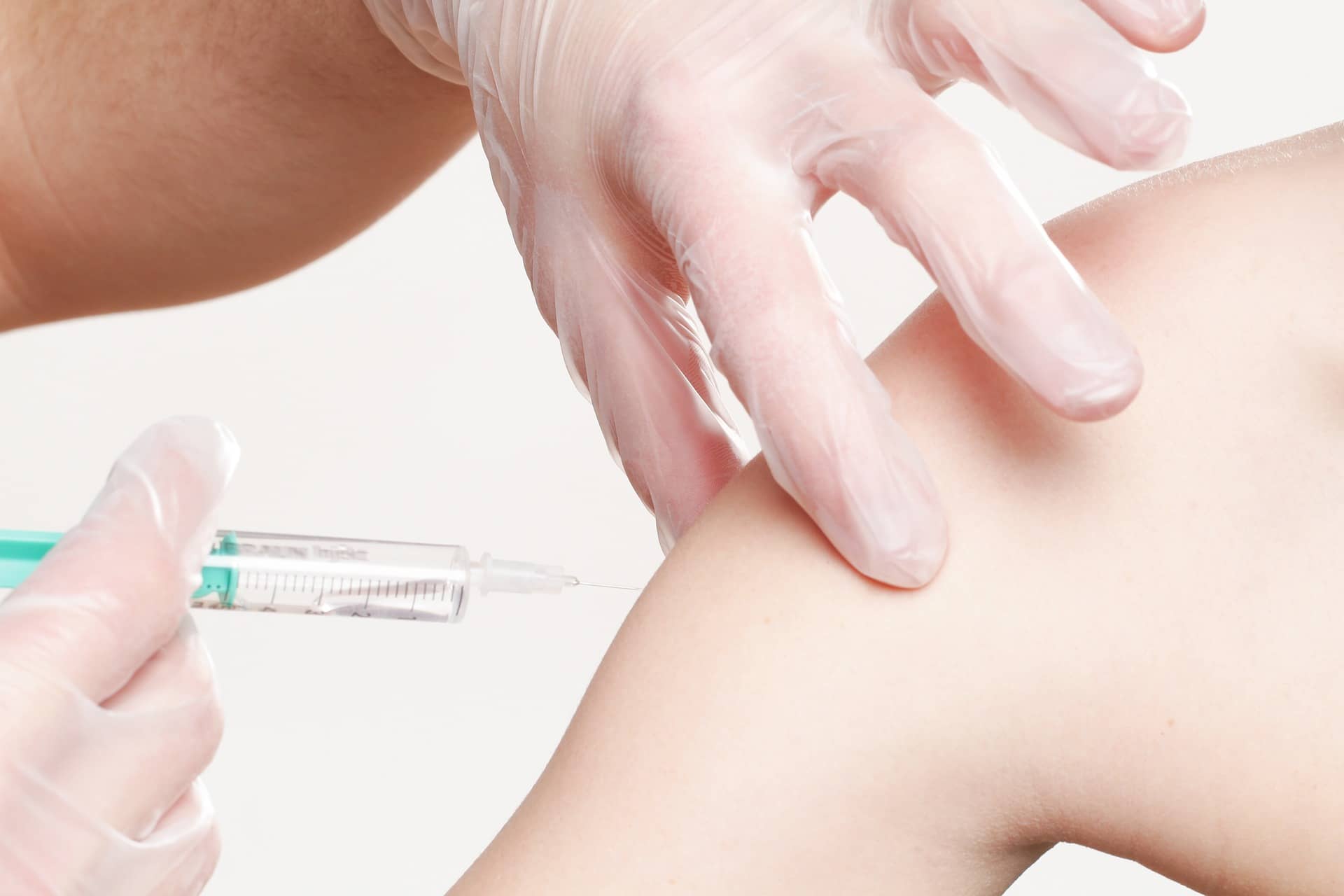By Elizabeth Montoya and Edited by Sorina Long

It is especially important for everyone to protect themselves from outbreaks of illnesses such as the measles by getting vaccinated. Measles is a respiratory virus characterized by many symptoms such as rashes, coughs, runny noses, pink eye, and fevers. The infection could lead to other adverse health outcomes including pneumonia, brain damage, deafness and even death. In addition, children and young adults afflicted with the measles are susceptible to having subacute sclerosing panencephalitis, a disorder that allows the infection to lay dormant in the brain and become active up to 10 years later [1]. Due to the anti-vaccination movement, measles outbreaks have become more common—in 2013 alone, there were 58 outbreaks that cost $400,000 to contain by quarantine [2]. Young children and those who are unvaccinated are especially susceptible, as measles is highly contagious [2]. The number of outbreaks are only increasing and according to the World Health Organization, the number of deaths due to measles quadrupled in 2019 [3].
A study published in 2019 by Harvard Medical School found that measles actually attacks up to 50% of the antibodies that protect the individual against viruses and bacteria [4]. This occurrence is referred to as “immune amnesia” because the results indicate that the human body must relearn how to protect itself after the loss of vital antibodies. Immune amnesia occurs when there is a depletion of antibodies that allow for repopulation of measles-specific cells that can fight the virus [4]. This depletion of antibodies leave the afflicted individuals at risk for worse infections as well as other diseases. Although measles is a dangerous disease, it is preventable with the measles shot, which is more commonly known as MMR. The MMR vaccine, which includes two shots and does not require a follow-up booster, protects against measles, mumps, and rubella and has a 97% effective rate [1].
Getting vaccinated has both short-term and long-term benefits. According to The New England Journal of Medicine, the vaccine is so effective that the immunity is lifelong [5]. A study in 2012 followed children up to the age of five for a period of 9 months to 23 months, from 1996 to 2012, in Ghana, to monitor the effect of the vaccine. This study found that mortality decreased by 38% among those with the vaccine, validating claims of vaccine efficacy [4].
It is essential that more and more individuals receive their vaccinations in order to avoid big outbreaks [5]. With every individual that is vaccinated, the chances of spreading disease decreases—resulting in the prevention of illness and death.
References:
- “Measles, Mumps, and Rubella (MMR) Vaccination: Information for Healthcare Professionals.”Center for Disease Control and Prevention, National Center for Immunization and Respiratory Diseases, 2019, https://www.cdc.gov/vaccines/vpd/mmr/hcp/index.html.
- Gorski, David. “The Benefits of the Measles Vaccine Go beyond Just Protecting against Measles, 2019 Edition.” Science-Based Medicine, Digital Gravity Media, 2019, https://sciencebasedmedicine.org/the-benefits-of-the-measles-vaccine-go-beyond-just-protecting-against-measles/.
- “Measles cases quadruple globally in 2019, says UN.” BBC News, BBC, 16 April 2019, https://www.bbc.com/news/health-47940710.
- “How Measles wipes out the body’s immune memory: Study details the mechanism and scope of measles-induced immune amnesia in the wake of infection.” Science Daily, Harvard Medical School. https://www.sciencedaily.com/releases/2020/02/191031204630.htm. Accessed 23 Nov. 2019.
- Strebel, P.M., Orenstein, W.A. 2019. “Measles.” The New England Journal of Medicine, 381:349–357.
